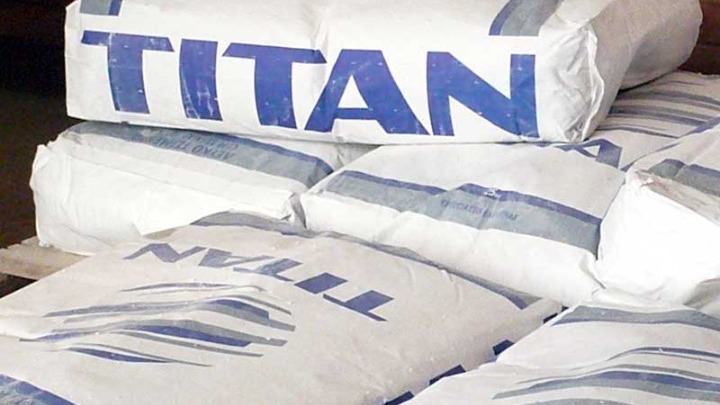TITAN Cement Group has announced, through its subsidiary Titan America LLC, a new $35 million investment for the construction of a 70,000-ton dome at its Port Tampa Bay Terminal, in Florida, making the terminal one of the largest of its kind in the United States. The investment will increase and upgrade ΤΙΤΑΝ's import capacity in the country and expand its offering of low carbon cements and cementitious products.
The upgrade of the Port Tampa import terminal comes ahead of accelerating market growth and major investments in Florida's infrastructure. Florida is one of the 10 U.S. megaregions and has a booming economy. The Portlant Cement Association (PCA) forecasts continuous growth and a 14.8% increase in cement consumption from 2020-2024, which does not include the potential upside from the new $1 trillion infrastructure plan in the country.
The new dome will also enable Titan America to import increased quantities of cementitious materials to meet the growing demand for such products in the US and make progress towards the Group's decarbonization targets.
ΤΙΤΑΝ's investment signifies a commitment to support its US customers in the infrastructure, residential, and commercial sectors with high performance products, while contributing to mitigating climate change.
With an expected completion date of early 2023, the new dome follows other recent investments at ΤΙΤΑΝ's Pennsuco plant in Medley, Florida. These projects, exceeding $20 million, include the construction of a processed engineered fuel facility and investments in natural gas infrastructure and equipment. Together, they enable the conversion of kiln fuel at Pennsuco from coal to lower carbon alternatives, substantially reducing the plant's environmental footprint as well as eliminating municipal waste from local landfills.















